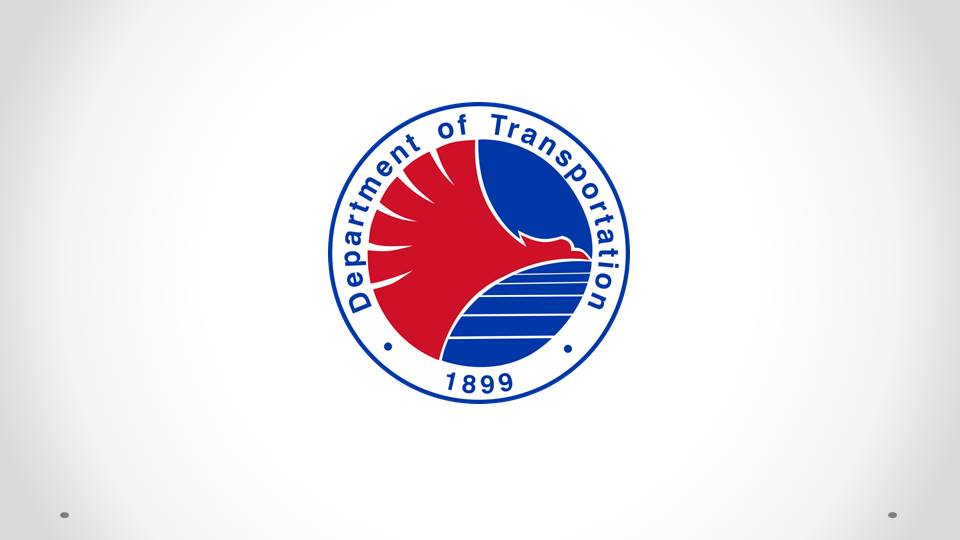
The Department of Transportation (DOTr) and its attached agencies have taken steps to lessen the negative impact of the coronavirus disease-2019 (COVID-19) to its stakeholders in all transportation channels.
For the hardest-hit aviation sector, the DOTr has instructed the Civil Aviation Authority of the Philippines (CAAP), and the Manila International Airport Authority (MIAA) to postpone the collection of take-off, landing, and parking fees of local airlines to assist these airlines to deal with the significant drop in the number of passengers and canceled flights.
MIAA has also improved their cleaning and sanitizing protocols for its airport and frequently used facilities, including frequently touched surfaces such as doorknobs, elevator buttons, handrails, information counters and faucets.
Meanwhile, as an overseer of the road sector, the Land Transportation Franchising and Regulatory Board (LTFRB) visited Quezon City bus terminals to scrutinize the sanitation and maintenance procedures, and the availability of disinfectants and sanitizers for free use by passengers.
More preventive measures are also being implemented for drivers, operators, and riders while passengers are encouraged to transact electronically rather than going to the terminals.
The Philippine Ports Authority (PPA), which takes care of the maritime sector, has ordered the fumigation and disinfection of all Passenger Terminal Buildings (PTBs) and PPA offices nationwide so as to combat the spread of the virus via the seaports.
For its part, the Philippine Coast Guard (PCG) has formed Task Force Laban Coronavirus, with a contingent of 700 nurses and medical technologists to form a 100 seven-man team.
Commandant Admiral Joel S. Garcia bared that the team will be armed with hazardous material suits, goggles, gloves, thermal scanners, masks, and alcohol to ensure that precautionary measures are implemented and to undertake necessary medical assistance if needed.
In the Visayas, the Cebu Ports Authority (CPA) has designated temporary isolation rooms and holding areas in ports to ensure a fast response to suspected passengers.
For its part, the railway sector also regularly disinfects all its trains and stations, namely the Light Rail Transit (LRT) Lines 1 and 2, and the Metro Rail Transit Line 3 (MRT-3). (Jojo Mangahis)